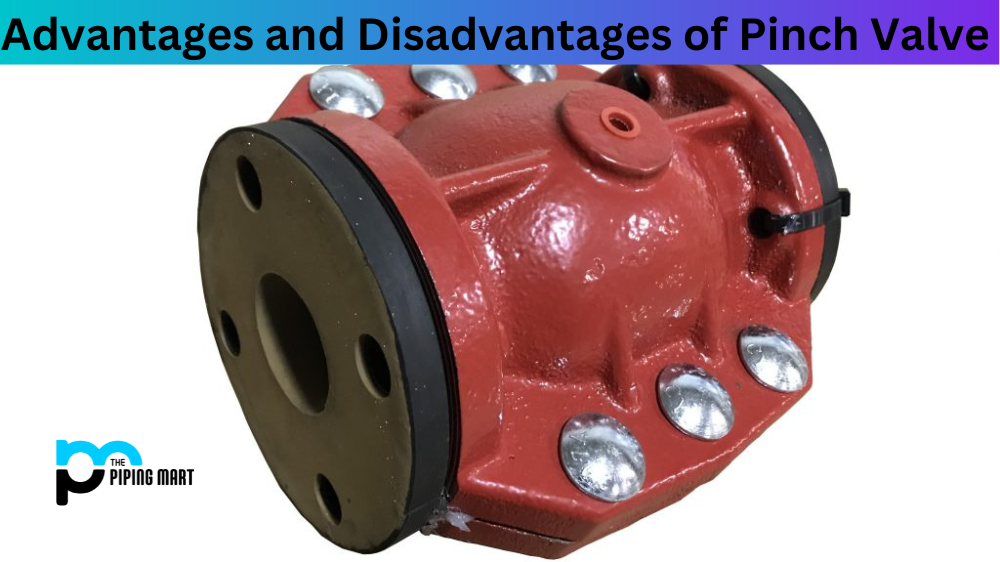What is Inconel?
Inconel contains a particular set of nickel alloys or nickel-chromium alloys. Inconel alloys are durable, corrosion-resistant, rust-resistant, and very robust. These alloys are manufactured in ranging grades with differing sizes and shapes.
Why Aerospace industry uses Inconel alloy?
Inconel Alloy plays a crucial role in the aerospace industry. Inconel Alloys exist a wide variety of Nickel-based alloys that are extensively used in aerospace engineering. These Nickel alloys for aerospace use are selected based on their strength to resist too high temperatures, corrosion, and constant wear and for their magnetic properties. Nickel alloys are structurally some of the most rigid materials available that are good conductors of electricity.
Inconel grade has various usage in aerospace parts and components that includes gas turbine rotors, blades, and seals, Afterburner parts, flame holders, heat exchangers, along with it has usage in heat treating, heat shields, instrumentation components, combustion cans, aerospace liners, transition ducts, tubing, valves, piping, and bolts.
Structural applications requiring specific corrosion resistance or high-temperature strength obtain Nickel’s necessary properties and its alloys. The resistance of nickel alloys to oxidation, corrosion, and high stress at high temperatures (1200°F-2000°F,650°C-1100°C). The property makes the metal particularly suitable for jet engine parts and their assemblies. Hence, Inconel alloy is commonly used to manufacture aircraft components, such as aircraft engines, exhaust, heat exchangers, APU components, and bleed air ducts, most of which involve corrosion resistance and heat resistance.
What are the essential properties of Inconel?
Inconel plays an essential role in protecting other components while encountering environments and situations with high pressures. Those alloys are used in aircraft components that demand a high degree of safety under high pressures, such as heat shields, gas turbine blades and engine exhaust piping.
Resistance to high temperatures and the ability to maintain itself over an extensive range of temperatures are two characteristics of Inconel that are profoundly sought-after in the aerospace industry. Aircraft parts that have to be performed in high-temperature environments for years are ideal for Inconel. Aircraft jet engines and engine exhaust systems benefit when Inconel is integrated into their systems.
Inconel has a hardening feature that is better suited to high-heat situations than steel and aluminum materials. Metal alloys are new solutions to long-standing industrial problems, such as the need for heat-resistant parts and materials. The material has high strength and resistance to corrosion and can be used at extreme temperatures between-252°C and 704°C. It can create a thick, stable passivating oxide layer at high temperatures to protect the material from further attack.
What are the advantages of Inconel in the aerospace industry?
Inconel has significant advantages in the aerospace industry. They are vital to the aerospace industry. Without using these versatile metals, aircraft would have trouble finding a replacement alloy to provide them with the same features essential for high efficiency and reliability. Inconel has numerous advantages including, immense strength to work at high temperatures, excellent resistance to oxidation and corrosion. Also, it shows low- expansion at severe temperatures along with its creep resistance under high-pressure conditions and useful in labyrinth seals and fire seals as used on exhausts.

Pipingmart is B2B portal specializes in industrial, metal and piping products. Also, share latest information and news related to products, materials and different types grades to help business dealing in this industry.




